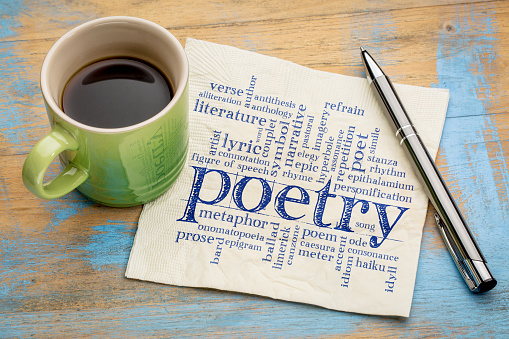In one of his happy phrases the poet tells us that " Poetry should please by a fine excess"; and no one could strike the note of "fine excess" more triumphantly. Yet in his most perfect work, in the Odes, La Bella, Dam sans Merci, and that fragment The Eve of St. Mark, he shows that the pleasure of poetry depends no less on the fine restraint.
With these words, you might have guessed the poet's name about whom we are going to talk about.
Yes, it is none other than the Majestic John Keats. Let's read few lines about the influences of poet's on Keats.
Among the formative influences in Keats' work , Spenser stands first but Chaucer and Milton influenced only in a secondary degree his poetic style and vocabulary; lesser poets, like Chapman, William brown, and his friend Leigh Hunt, affected him especially in his early work , in his choice of words and phrases, and in his search for colour.
But the finest part of Keats' work owes nothing to a derivative source. In the fragmentary ode to Maia, with its purity of phrase and chastened beauty , there are no echoes, no obligations;
" O, give me their old vigour, and unheard
Save of the quiet Primrose, and the span
Of heaven and few ears
Rounded by thee, my song should die away
Content as theirs,
Rich in the simple worship of a day."
Perhaps his most notable divergence as a poet, from his contemporary Shelley, is that he elects, as a rule, to deal with sensations rather than ideas, with concrete life than with abstract imagining- Sight and hearing respond to ideas; touch, to sensations.
The meta physical power that charges with intellectual fire the vision of Shelley, is outside of his scope. Not that he eschews ideas, the Odes eloquently refute such a suggestion ; but when he elects to deal with ideas, he chooses such human things as love, sorrow, life and beauty, and presents them in concrete shape.
" The moving waters at their priest-task
Of pure ablution round earth's human shores."
" She cannot fade, though thou hast not thy bliss
For ever wilt though love, and she be fair."
Thus do his ideas, like his memory, become incarnate with the shaping splendor of the consummate Artist; and thus does he help us to realize, as no other poet as done since Shakespeare, the oneness of Truth and Beauty.




No comments:
Post a Comment